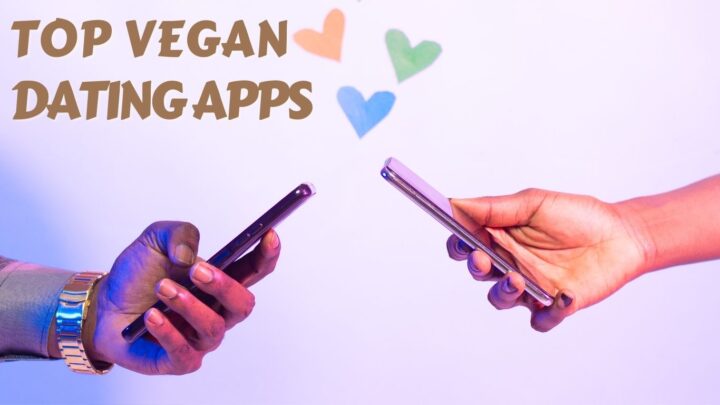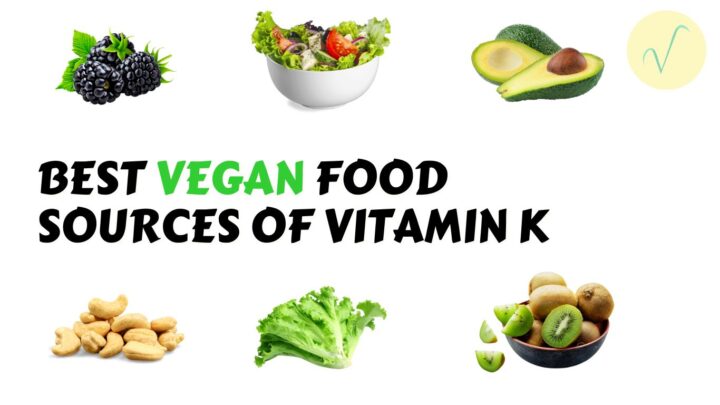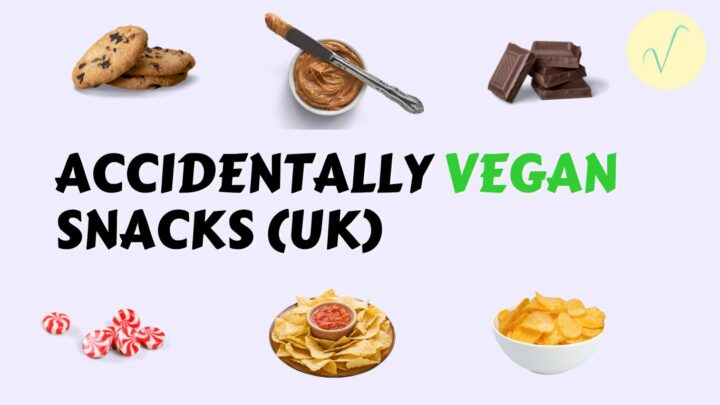Vegans are among the most misunderstood group of people around, all for merely following a different diet and lifestyle.
As an ex-meat eater, I’ve seen both sides of the coin. I feel the world would be a better place if people were more understanding of their vegan friend, relative or even a colleague.
If you’ve got a vegan friend and don’t know how to relate to them anymore, this might be the post for you. Here are some tips to help you in the process.
Do some research on reasons people go vegan
Not every vegan transitions for the environment or animals, just like not every vegan has chosen the diet for health reasons. There are a myriad of reasons why people go vegan, as well as many different types of vegans.
A good first step is knowing the different reasons why people decide to go vegan.

Understand why they chose to be vegan
On that note, encourage a conversation with them on why they chose to go that way. You may find out they’re looking after their health, or they watched a vegan documentary on how red meat is harmful to your health. Whatever their approach, there’s always a reason behind such a decision.
Understanding why a friend or family member became vegan could avoid a lot of awkward conversation. If you’re close to someone, they should be happy to let you know why.

Understand vegans are typically made fun of
When I used to eat meat, I remember how often I would make vegan jokes (although not directly to vegans), for no real reason.
Now imagine as a vegan, you’ve politely turned down a snack because it has milk, and instantly people are barraging you with questions, and you’re now the vegan of the group.

With that, family and friends do typically make digs at the fact you’re vegan. Although they may seem harmless, it’s still annoying considering there’s millions of trolls in this world.
Not to mention that the world is not tailored to the vegan population, unless you’re from a major city, taking us to the next point.
Understand vegans also view the world differently
A big part of understanding your vegan friend is knowing that they also see the world very differently.
Limited food options
If you eat meat and dairy, I’m sure finding a place to eat isn’t much of an issue, is it? Unless you have tight dietary restrictions such as gluten or lactose intolerance, typically meat eaters don’t have to do nearly as much ingredient checking as a vegan, for instance.
With that being said, vegans (especially new ones) have to constantly be confirming no animal products in their everyday foods, as well as restaurants, takeaways or even work events.
On some occasions people may serve something non vegan to a vegan person, only for them to shamefully have to decline, or mistakenly eat, it’s not the nicest experience.
Not to mention the majority of countries and their national foods are typically meat, cheese and fish. When it comes to everyday dining, unless a new vegan’s done their research, it’s a hard pill to swallow.
Non-vegan foods don’t only include the obvious things such as meat, eggs and dairy. Also honey, some types of sugar (yes really) and processed foods like crisps or sweets that sneak in animal products.

They’ve swallowed the red pill
In a non-cheesy way (pun intended), vegans really have woken up to how much unnecessary animal cruelty happens on a daily basis, just to maintain the planet’s eating habits.

Be it research via documentaries or researching the number of animals killed per yer for livestock (80 billion and counting); Disease that comes from consumption of animal products, or the pollution it unnecessarily puts out into the world.
It’s very unnerving finding this all out; then the same people who are consumers of these animal products, making fun of you, the person trying to make a change.
Most vegans weren’t born vegan, but once they learn these truths of the animal industry, they won’t see the world the same. It isn’t an excuse to be bitter, but I’m sure you can understand why if you did a little research into the deeper reasonings.
If you want to understand a bit more about these truths, feel free to check out recommended vegan documentaries.
Cater for them, or at least provide an option
One big thing for a new vegan is having their loved ones cater for them. That goes for a family member cooking vegan-friendly recipes, a friend considering vegan menu options, or even a boss ensuring you get a vegan pizza for pizza day.
No we don’t just like salad and vegetables. Don’t be lazy, I’ve seen a lot of meat eaters who live off boxed microwave meals, there are also vegan-friendly substitutes. It may take a bit more effort, but it’s well appreciated.
The worst thing you can do for a vegan is exclude them from plans because you can’t be asked. Most modern restaurants provide at least one vegan option, which is a start.
If you’re having a gathering and cooking, research non vegan ingredients beforehand, or buy some type of meat substitute, so they can still eat. It’s the effort that counts – I think I speak for every vegan when I say: We’re tired of salad and chips because of a lack of vegan options.

Try some vegan options and see for yourself
To be more understanding of what vegans like to eat, try a vegan option for yourself. Not just the vegan option at Mcdonald’s; try a vegan burger from a vegan-specific restaurant, a Mac and cheeze, or even some oat milk in your coffee.
You’ll learn that we don’t just eat lettuce and fruits, and how we also like to indulge. Sometimes it’s about trying vegan options for yourself to realise, we’re still eating these foods, but without meat, or dairy.

Be open minded
If you really want to understand your vegan friend or family member, you must first be open minded. There’s no point doing any of the above: Asking questions, researching types of vegans or trying options, if you aren’t open to understanding what the life’s about.
On many occasions I’ve shown family and friends vegan options they likely would’ve never tried if it wasn’t for me. Hell, I turned my nose up on most vegetarian things prior to educating myself, but each to their own.

Last point to remember: most non-vegans don’t understand vegans, while most vegans, started out as non vegans; the disconnect typically coming from the meat lovers.
This isn’t to excuse vegans who shove their beliefs down your throat. A big part of going vegan is also learning how to approach naysayers in a more open minded way, as it’s easy to feel like the world’s against you.
Conclusion
Hopefully this is food for thought, to give you perspective on how vegans live and how to be more understanding around them. If you liked this post, feel free to share with a non-vegan friend and spread the word.
I appreciate you stopping by. Stay well and stay blessed.




